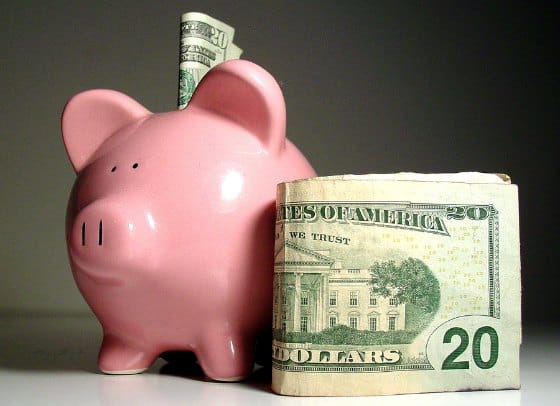The regular use of meditation and other practices that elicit the relaxation response, like deep breathing exercises, yoga, and prayer, have been shown previously to be beneficial in the treatment of a wide array of conditions like addiction, insomnia, depression, anxiety disorders, high blood pressure, chronic pain, stress management, and more. However, a new study has found that these same practices can also help reduce the need for health care services by as much as 43 percent. The greatest reduction in health care service utilization was observed in the areas of neurological, cardiovascular, gastrointestinal, and musculoskeletal.
This study, which was performed by Harvard-affiliated Massachusetts General Hospital and co-authored by the grandfather of the relaxation response itself, Dr. Herbert Benson, was focused primarily on how these practices can help ease some of the burdens on our healthcare providers and insurance companies and influence policymakers. Both of these are worthy goals that could assist with the financial crises in our society and government, but on the personal level, this means that you and I can keep more money in our piggy bank as well.
Reach a Wide Range of People
Since there are many conditions, syndromes, or disorders that could fall under each of these categories that benefit the most, it means the potential to save money and improve health with these practices can reach a wide population of people. Not only that, the greatest aspect of all is that learning deep breathing exercises and meditation is quite easy and costs very little as well; which saves you even more money and time.
Benefits Increase Over Time
Unlike many traditional treatments, these practices are also relatively risk-free, convenient, and can be practiced by anyone, anywhere. Once they are learned and put into use on a regular basis, the benefits of deep breathing and meditation continue to grow. The more they are practiced, the more powerful they become. So your return on investment is high, to begin with, but continues to increase with time.
It’s Low-Cost, Quick, and Easy to Learn
Yes, you could join a group or visit a practitioner who teaches these skills, if you want the social interaction as well. This may cost a little, but not nearly as much as you would pay for most other health care treatment options. On the other hand, you can learn how to meditate with 15 different mindfulness-based techniques and master the basics of deep breathing within the hour in the comfort of your own home by downloading my simple and affordable eBook, Meditating for Health, right now.
Furthermore, people who use meditation and deep breathing consistently, typically experience a higher quality of life, heightened levels of awareness, intuition, creativity, empathy, insightfulness, and compassion and are more deeply connected with whatever spiritual beliefs they may hold.
Empowering and Cost-Effect Tool
When combined with proper diet, (low-carb Paleo) this makes these practices one of the most empowering and cost-effective self-care tools to be found to optimize your mental, physical and spiritual health, regardless of which condition you may be dealing with or where you are on the healing path.
References
McGreevey Sue. Relaxation Response Proves Positive. Harvard Gazette. October 13, 2015. https://news.harvard.edu/gazette/story/2015/10/relaxation-response-proves-positive/

